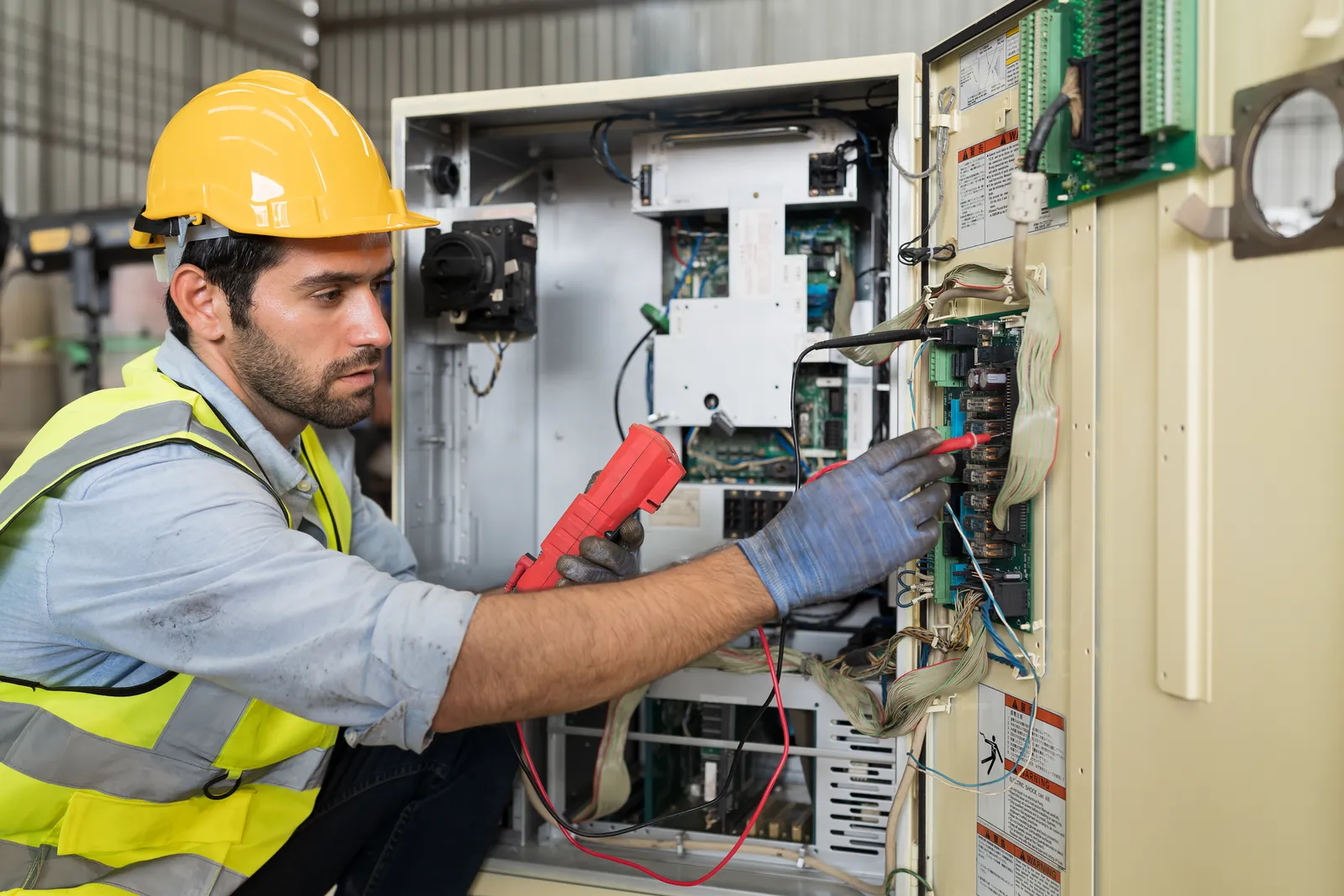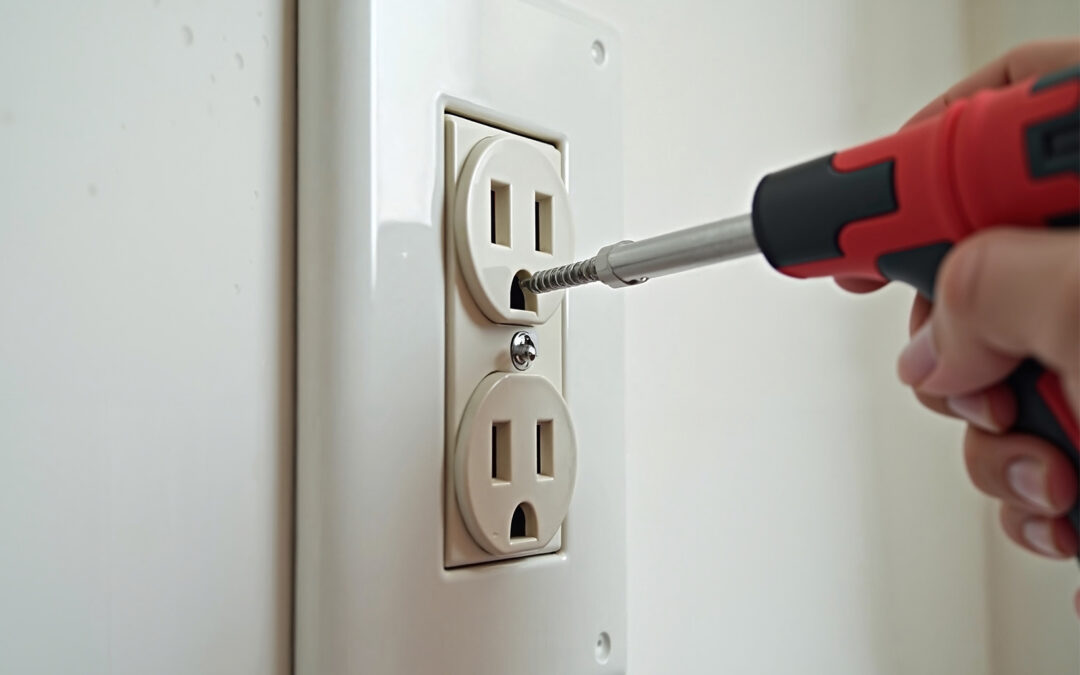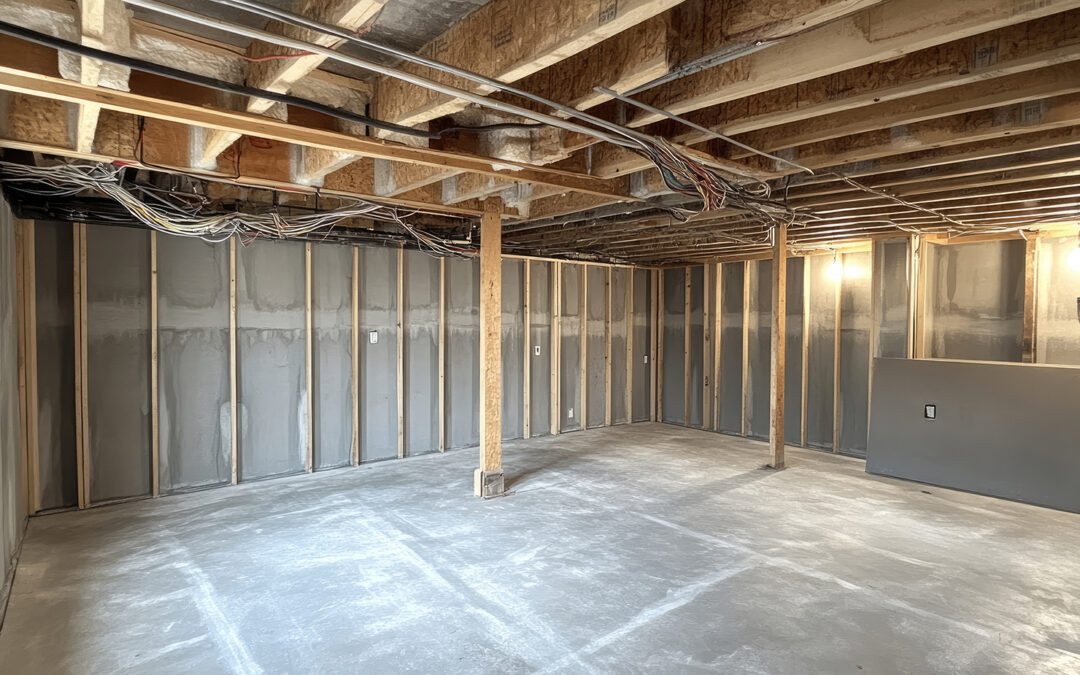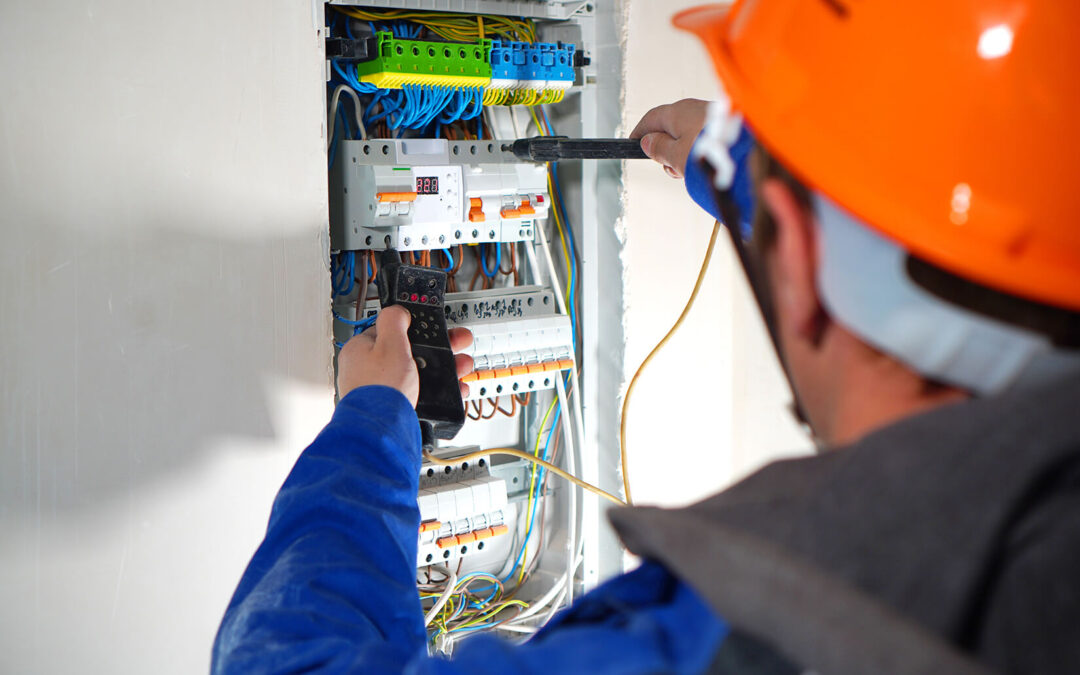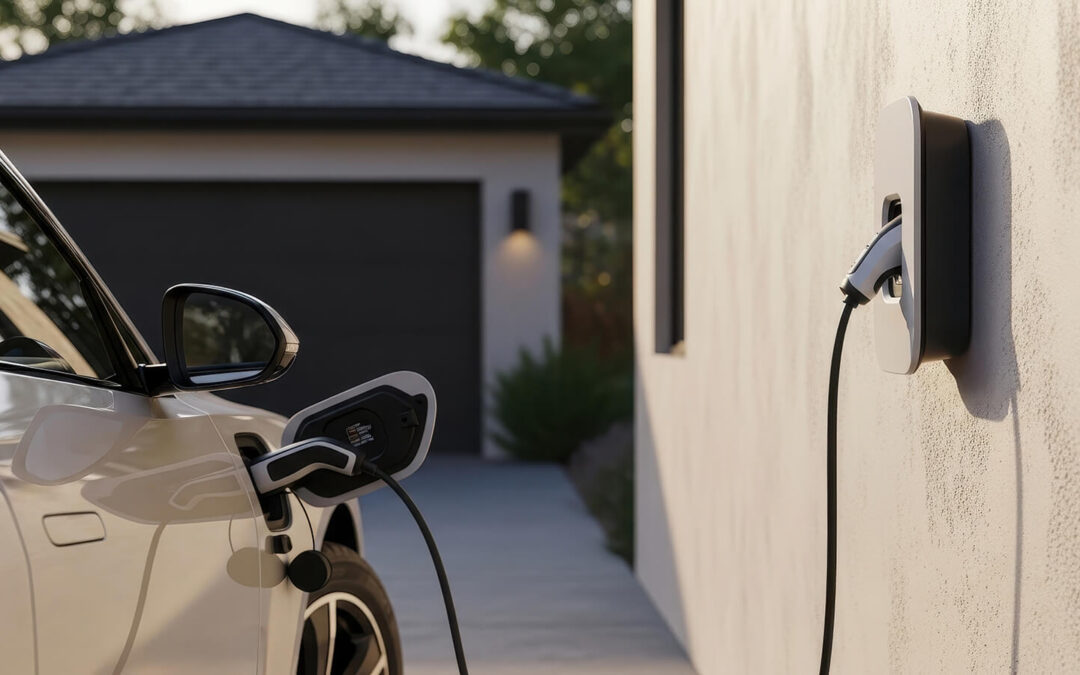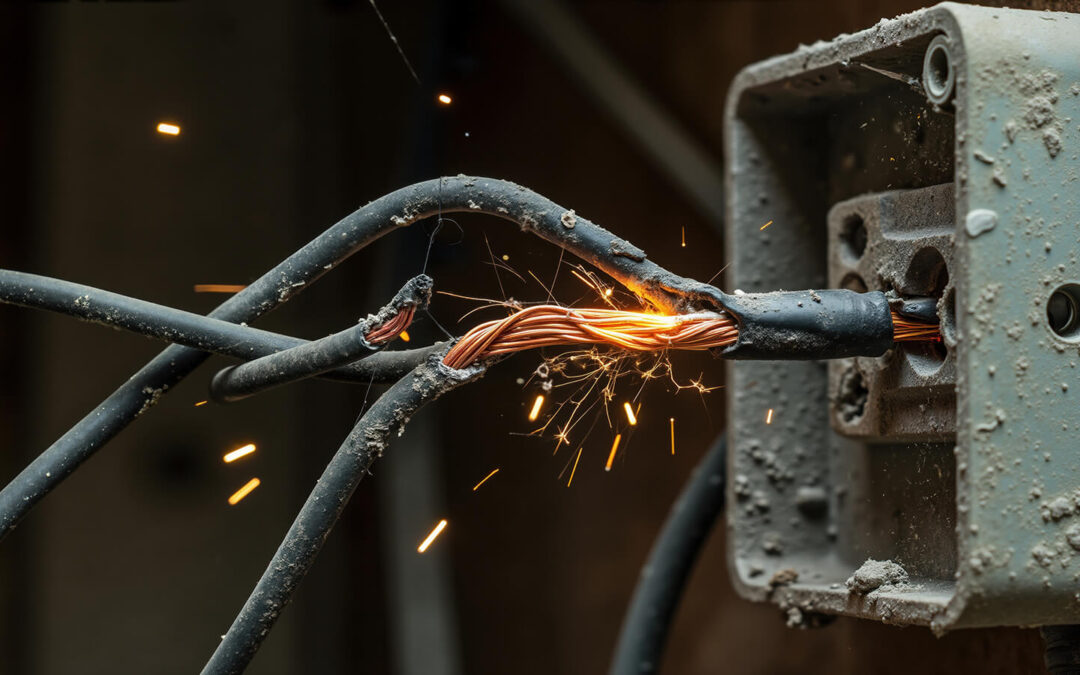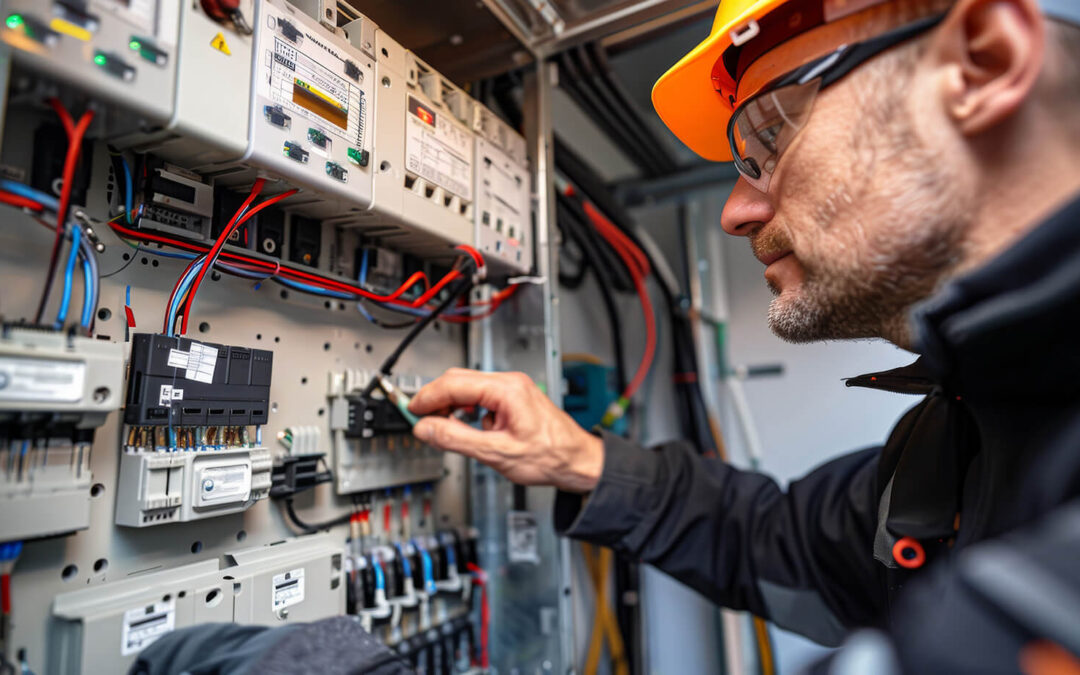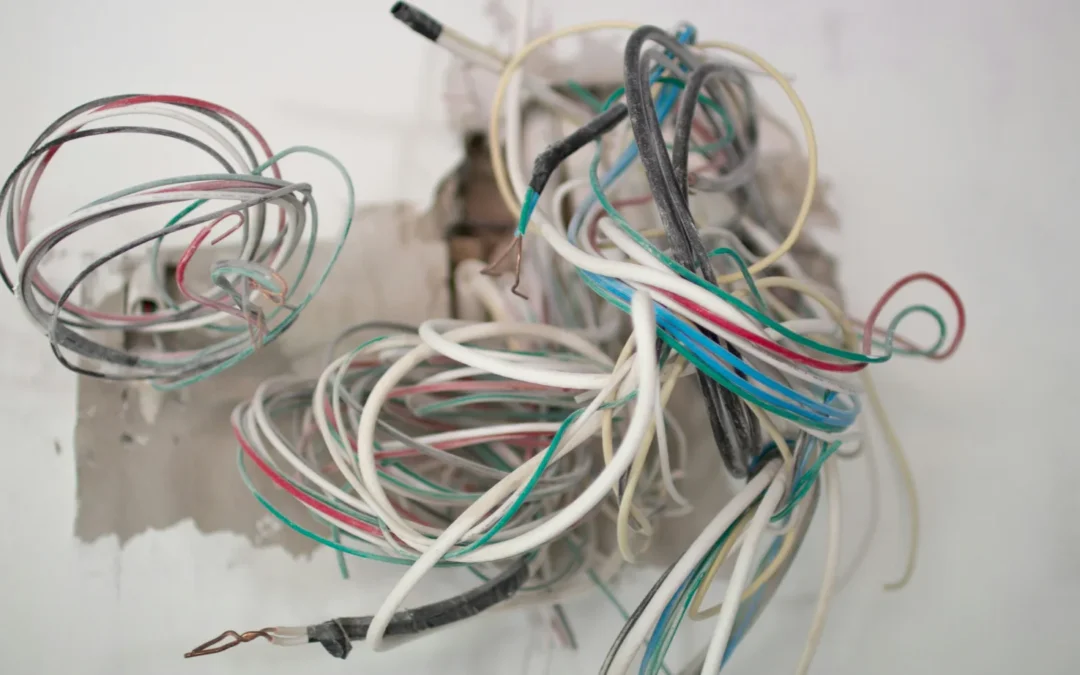Electricity powers nearly every aspect of our lives—from keeping the lights on and appliances running to charging our phones and powering HVAC systems. Yet, like any system in your home or business, your electrical system requires regular maintenance to stay safe, efficient, and reliable.
So, what exactly does electrical maintenance involve? Whether you’re a homeowner looking to extend the life of your electrical system or a business owner aiming to minimize downtime, understanding the components of regular maintenance can help prevent costly and dangerous issues down the road.
Why Electrical Maintenance Matters
Before diving into what’s included, it’s important to understand why electrical maintenance should be a regular part of your building’s upkeep:
- Safety: Faulty wiring and overloaded circuits are among the leading causes of electrical fires.
- Efficiency: A well-maintained system reduces energy waste and prevents voltage drops.
- Compliance: Businesses, in particular, must meet local electrical codes and standards to avoid penalties.
- Cost Savings: Identifying and fixing small problems early can prevent larger, more expensive repairs.
What’s Included in a Standard Electrical Maintenance Check?
Now, let’s explore the core components of a thorough electrical maintenance routine. While exact services may vary depending on your home, building size, and electrical complexity, here are the most common areas a licensed electrician will assess:
1. Electrical Panel Inspection
The electrical panel (or breaker box) is the heart of your system, distributing power to various circuits throughout your property.
A professional will:
- Check for overheating, corrosion, or burn marks
- Test breakers to ensure they trip properly
- Inspect for loose connections or outdated components
- Verify the panel meets current code requirements
If your panel is outdated or overloaded, your electrician may recommend a panel upgrade, especially if you’re adding new appliances or EV chargers.
2. Outlet and Switch Testing
Outlets and switches may seem simple, but worn or faulty ones can pose a fire risk or shock hazard.
During maintenance, your electrician will:
- Test voltage output from outlets
- Check for loose wiring, discoloration, or cracking
- Ensure GFCI and AFCI outlets are installed where required (e.g., kitchens, bathrooms, garages)
- Replace any non-functioning or dangerous components
3. Wiring Inspection
Wiring issues are among the most dangerous and costly electrical problems, especially in older homes.
Maintenance includes:
- Visual inspection of exposed wiring (attics, basements, crawl spaces)
- Looking for signs of damage, including rodent chewing or heat damage
- Checking for aluminum wiring (common in homes built between the 60s–70s)
- Verifying wire size matches circuit load
Old or damaged wiring may require rewiring sections of your home to bring it up to modern safety standards.
4. Grounding and Bonding Checks
Grounding is what protects you from electrical shock if a fault occurs. Bonding connects different parts of the system to ensure continuity.
A proper maintenance check will confirm:
- The grounding system is intact
- Bonding conductors are correctly connected
- There’s no corrosion at connection points
Without proper grounding and bonding, your breakers may not trip when needed, leaving your system vulnerable.
5. Lighting Systems Check
Interior and exterior lighting, especially in commercial buildings, can have hidden issues that go unnoticed.
Maintenance includes:
- Inspecting fixtures for heat damage or loose connections
- Testing emergency and exit lighting
- Evaluating energy efficiency and recommending LED upgrades
- Replacing flickering, dim, or burned-out bulbs
6. Surge Protection Assessment
With the rise of smart appliances, computers, and home automation, protecting your electronics is more important than ever.
A licensed electrician will:
- Check for whole-house surge protection
- Inspect point-of-use surge protectors
- Recommend system-wide upgrades if you have frequent power fluctuations
7. Smoke and Carbon Monoxide Detector Testing
These life-saving devices are often overlooked. An electrical maintenance visit will typically include:
- Testing alarms for function and battery power
- Verifying proper placement per code
- Replacing outdated detectors (recommended every 10 years)
8. Appliance and HVAC Wiring Review
Larger appliances like dryers, ovens, and HVAC units draw significant current and can cause issues if not wired correctly.
Electricians may:
- Check dedicated circuits for each appliance
- Inspect wiring insulation and connections
- Ensure circuit breakers are properly sized
This is particularly important for homes with electric heating systems or central air units, which require regular electrical servicing.
9. Code Compliance Review
Electricians stay up to date on changes to local and national electrical codes (NEC). As part of maintenance, they’ll ensure your home or business is up to standard.
This includes:
- Ensuring you have the correct number of GFCI/AFCI outlets
- Proper placement of smoke detectors
- Compliance for recent renovations or additions
10. Detailed Report and Recommendations
A thorough electrical maintenance check will wrap up with a detailed report, outlining:
- Any concerns or code violations
- Immediate repairs or replacements needed
- Recommendations for upgrades (e.g., panel replacement or LED retrofits)
This report can be useful for insurance purposes, real estate transactions, or planning future improvements.
How Often Should You Schedule Electrical Maintenance?
- Homeowners: Every 3–5 years, or sooner if your home is older or undergoing renovations
- Businesses: Annually, especially for large offices, restaurants, or facilities with high energy use
- Rental Properties: With each tenant turnover, or annually for safety
If you notice signs like frequent tripped breakers, flickering lights, or warm outlets, don’t wait. Those are clear red flags.
Let Table Mountain Electric Keep Your System in Top Shape
Whether you’re a homeowner in Denver or a business owner in Evergreen, Table Mountain Electric is here to help keep your electrical system safe, compliant, and running smoothly. Our licensed and insured electricians provide expert electrical maintenance tailored to your property’s unique needs, from comprehensive inspections to immediate repairs and proactive upgrades. Call us today to schedule your next maintenance visit. Peace of mind starts with safe, reliable power.



